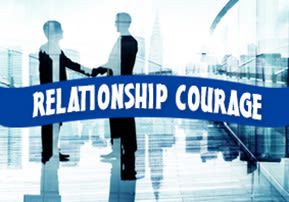
Relationship Courage
The father and son have opposite faults but complementary talents; if they'd only recognize each other's good points, there would be so much more harmony in the family...

When you hear the word “courage,” if you’re like most people, your first image may be that of a super-hero type figure, running around saving the world; or a suffering martyr, who just keeps going with a smile on her face, no matter what difficulties and hardships she faces. These things are definitely courageous – but it’s not the sort of courage that I’m going to focus on here. Right now, I want to explore the idea of having courage in our relationships.
Rabbi Arush writes extensively about relationships, namely how we interact with our parents, our families, our spouses, our co-workers and the other people we have in our lives. Often these interactions are pleasant, smooth and uneventful; but sometimes, they’re not. Sometimes, people get stopped or opposed by somebody else, or find themselves getting competitive with loved ones who appear to be different from us, and then, the sparks can really fly.
There is a young man who’s very talented and bright, but he doesn’t seem to be able to move forward with his life. He’s thirty-something and still doesn’t have a career; he’s still not married, and he’s still living at  home. His one passion in life is health and fitness, and he’s always down at the gym, or making special health shakes, or researching the latest vitamin. His father is increasingly coming to view him as lazy and unsuccessful, and is even starting to think that his son may be “damaged” in some way – but he’s not damaged at all. The truth is that this boy could spring into action very quickly, once the real underlying issues have been identified and resolved.
home. His one passion in life is health and fitness, and he’s always down at the gym, or making special health shakes, or researching the latest vitamin. His father is increasingly coming to view him as lazy and unsuccessful, and is even starting to think that his son may be “damaged” in some way – but he’s not damaged at all. The truth is that this boy could spring into action very quickly, once the real underlying issues have been identified and resolved.
What do I mean? Well, it could be that this young man is not the most challenged person in his family. It could very well be that his father has an even bigger problem that he does, because while his father is very successful financially, and is running a big company with lots of employees, he’s also enormously overweight. His wife and other family members and friends have been after the father for years, to start taking his health more seriously, and to take care of himself, and to rethink the way he eats and exercises. The father has tried dieting in the past, but he can only do it for a day or two, before it gets too much for him and he stops.
So on the one hand, there’s the father, who is very punctual and responsible and successful in financial terms, but physically, he’s in incredibly bad shape. On the other hand, there’s the son, who isn’t settling down, and who isn’t holding down a steady job, but who is one of the most physically fit people you’re likely to meet. What is G-d trying to do, here? What does He want each person to learn from the other?
So now, let’s put the pieces of the puzzle together, and see what’s really going on here. G-d has sent this man a son, who is an expert in precisely the area that he needs help in. And the opposite is also true: the father has a lot of wisdom, insight and experience that can help his son in the areas where his son is experiencing serious deficiencies. If the father would accept the wisdom of the Torah, he’d stop sending his son to one shrink after another, and he’d see that G-d has sent him this tailor-made situation to encourage him to develop a real relationship with his son. They both have exactly the skills, the knowledge, and the abilities, that the other one so badly needs.
With a few sessions of Emuna Coaching for this family, where they would receive advice that’s straight from the mouths of our holiest people, this family would soon rediscover their common ground.
In all families, there is a bond there that is so deep, that has existed for years. When you help people to reconnect to their common root, they start to feel that deep, deep love for each other again, and all the differences, competition and manipulation for attention simply disappear. That’s when the family members start to see a greater good, and they start to love each other again, but this time, precisely because of their differences, not despite them, and this is the Jewish ideal.


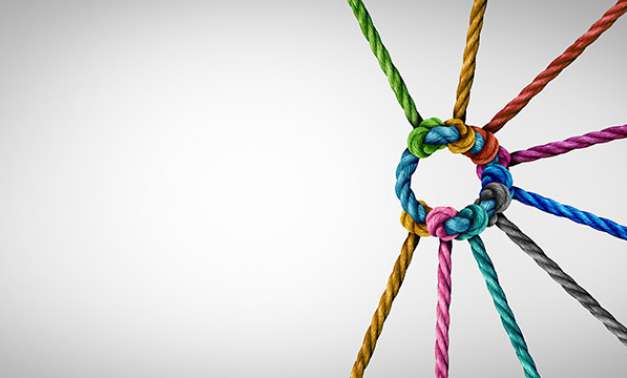

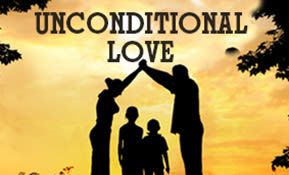
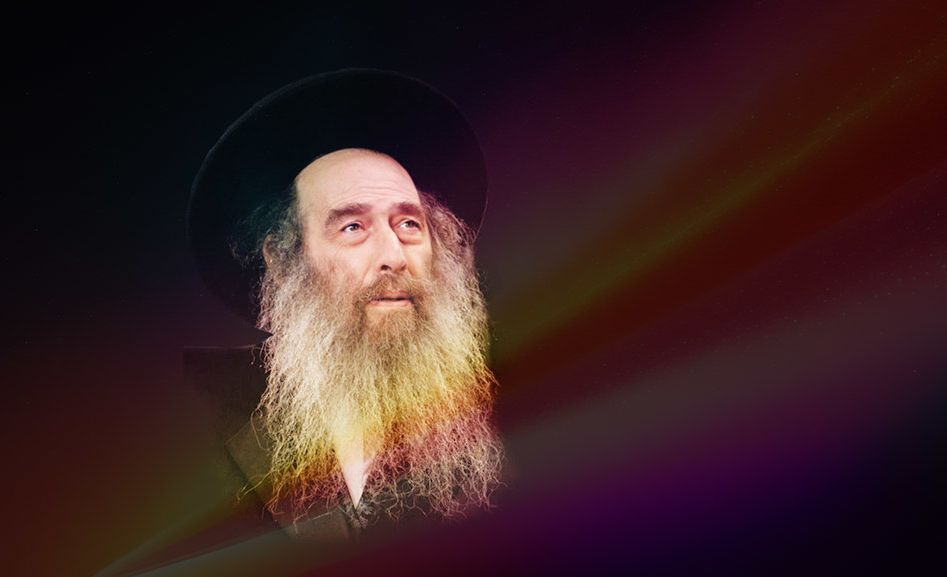



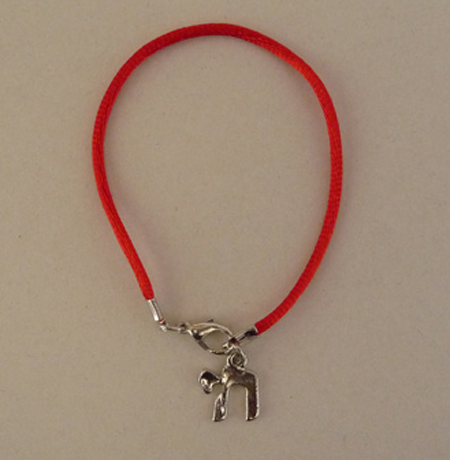

Tell us what you think!
Thank you for your comment!
It will be published after approval by the Editor.